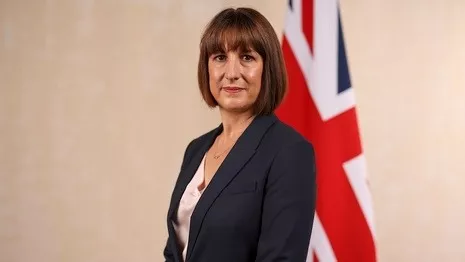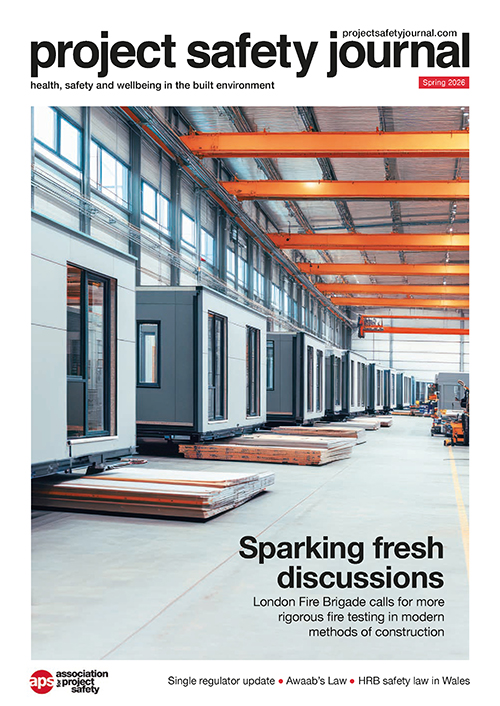
It is summer and the sun has been shining. But the mercury is rising. Are we staying alert? Andrew Leslie asks.
At APS we are beginning to see the shape of things to come. APS continues to strive to stay ahead of the curve and to support our members and registrants by providing insight and intelligence about the changing professional landscape they face and the expectations of the industry they serve. More of that later.
Back to the weather. There is no doubt that the climate is changing. Storm Floris has recently raged through parts of the UK – a summer storm of rare magnitude, strong enough to bring down some unripe pears from my tree, denude my cordyline and cause widespread havoc elsewhere, this time primarily affecting Scotland.
Recently the UK has been experiencing floods and droughts, record heatwaves and storms. Regular wildfires are happening, already at record levels, with over 560 wildfires responded to in England and Wales this year and 187 in Scotland. A similar story in Northern Ireland and Wales.
We have been talking about climate change for years. It was 2006 when Al Gore made the documentary film An Inconvenient Truth about his campaign to educate people about global warming. It is 40 years since scientists first discovered a hole in the ozone layer. We know what the problem is. We know (mostly) what the answer is. But we cannot act quickly enough, and we cannot get (worldwide) consensus.
Does this sound familiar and is this the end of the world as we know it? (Apologies to well-known 1980s/1990s beat combo REM.)
The competece issue
As readers of this title will know, the pressure has been on for the construction industry in the wake of the Grenfell disaster. APS knew what the problem was courtesy of Dame Judith Hackitt even before the Grenfell Tower Inquiry Phase 1 Report was issued in 2019, and the follow-up Phase 2 Report in September 2024.
APS knew where the problems in the industry lay before then but the industry had buried its collective heads in the sand. Competence has been an issue for as long as I have been in practice. And now, it looks as if the expectations that professionals would act professionally based on codes and rules will be taken to the next level by government.
It is not that all professionals are incompetent, or that the industry is inherently bad, it is simply the case that to eradicate the problems created by bad apples, and in light of relative inactivity in this space by professional and trade bodies, the need is felt that government should intervene to regulate and oversee.
APS CDM practitioner members have been assessed for their competence to deliver CDM dutyholder roles since 2007 and following post-Grenfell developments we have been working on competence models relating to regulatory compliance since 2022.
Engaging with professional bodies
But we are not working in isolation. Over the last year or two, recognising that progress across the board was embarrassingly slow, we have been engaging with other professional bodies, influential groups and government agencies such that our experience and insight into matters relating to competence in the specific areas of safety and health risk management and regulatory compliance can be brought to the table. And you, dear reader, will be able to read about some of this work in the article by APS deputy CEO Sofie Hooper on organisational competence management in this issue.
Let’s just hope that the work APS is engaged in produces results quickly and that we (the industry) can achieve consensus, at first in England and then throughout the UK.
In the construction industry the climate is indeed changing, and this is the end of the world as we knew it.
Andrew Leslie is CEO of the Association for Project Safety.











